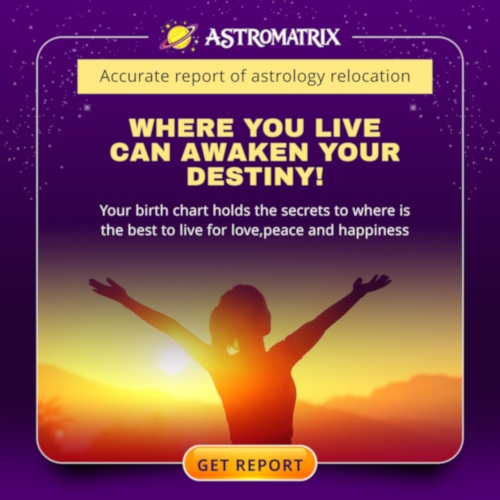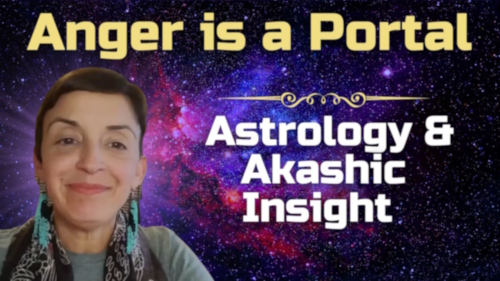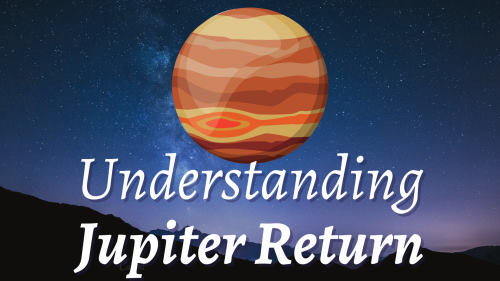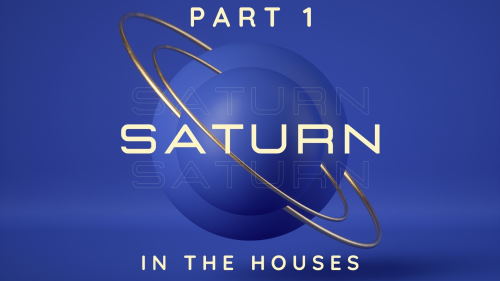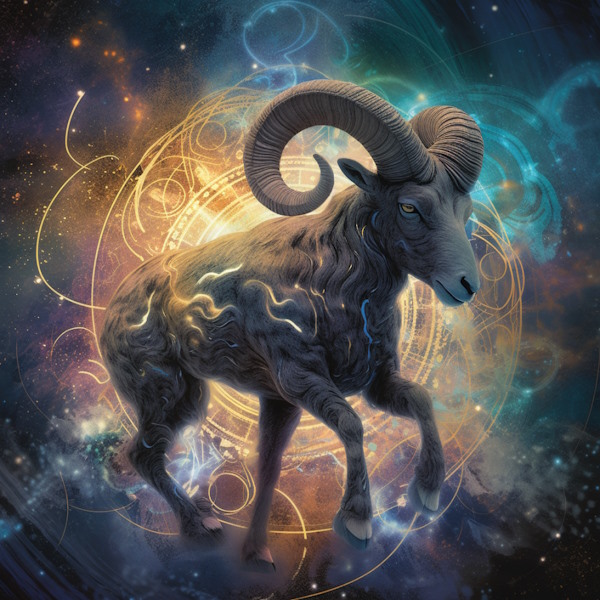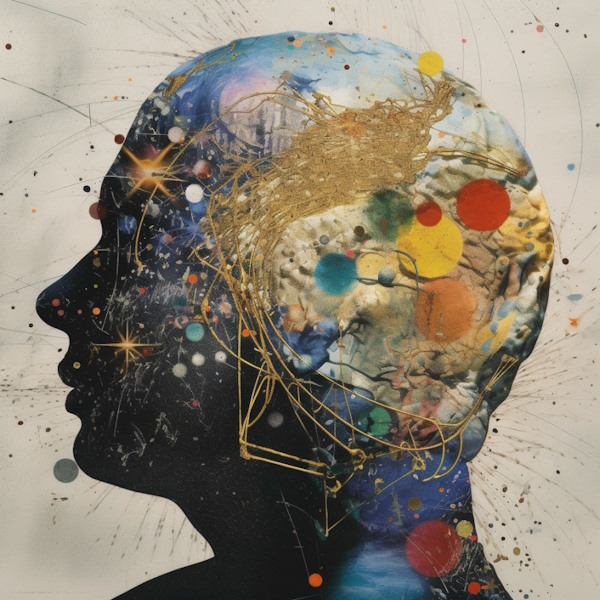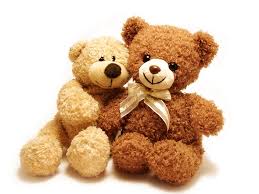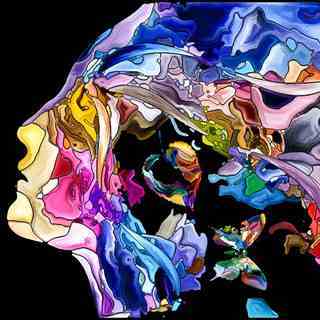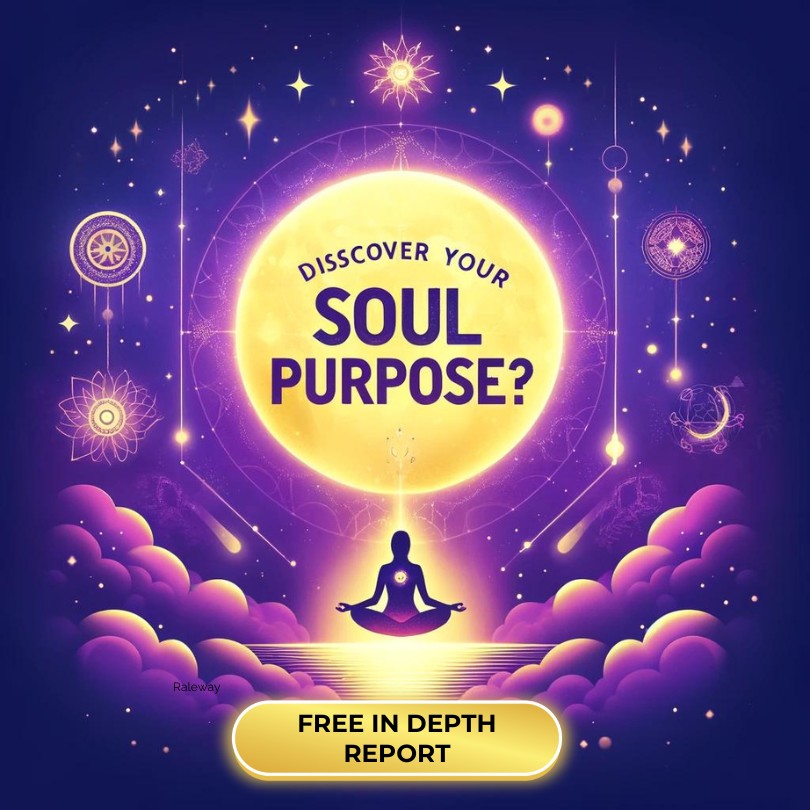Moon Inconjunct Mars ~ Synastry Aspects

"I embrace the challenges in my relationship as opportunities for growth, understanding, and creating a more harmonious connection."
- Addressing unresolved emotional conflicts
- Transforming conflicts into growth
Moon Inconjunct Mars Opportunities
- Finding balance in emotional expression
- Creating a peaceful environment
Moon Inconjunct Mars Goals
Moon Aspects
The Moon's Emotional Resonance in Synastry
The Moon, symbolizing our innermost feelings, needs, and instincts, holds profound significance in synastry. Its position and interactions can shed light on how two individuals emotionally resonate with each other, providing insights into their shared comforts, vulnerabilities, and intuitive bonds. When one person's Moon connects with significant points or planets in another's chart, it often uncovers shared emotional rhythms, highlighting where they can find mutual comfort and where they might need to tread softly due to sensitivities.
Navigating the Lunar Landscape Together
In synastry, the Moon's presence often dictates the ebb and flow of feelings within the relationship. It can point towards shared nurturing tendencies, instinctual reactions, and even domestic compatibilities. However, it also illuminates emotional discrepancies, indicating where one might need to provide extra care, understanding, or support to the other. Recognizing and honoring the Moon's cues in synastry can be a pathway to deeper emotional intimacy, fostering a bond built on empathy and mutual care.
Moon Inconjunct Mars Meaning
With Moon inconjunct Mars in a relationship, there is a strong potential for intense sexual tension and emotional conflict. When you feel that your emotional needs are not being met, your partner's actions can trigger a combative response from you. Your moods have a tendency to stir up unresolved controversies, rivalries, and competitive feelings between you and your romantic partner.
This aspect often creates a stormy and volatile dynamic in your relationship, where arguments and disagreements are frequent. However, it is important to remember that these conflicts serve a purpose - they bring to the surface unresolved issues that need to be addressed. Through these challenges, you have the opportunity to grow and evolve as individuals and as a couple.
While the journey may be difficult, it is crucial to find ways to communicate and work through these emotional conflicts. Understand that combativeness does not need to define your relationship; rather, it can become a catalyst for growth and understanding. Reflect on how these dynamics affect your ability to create a harmonious and loving environment, especially when children are involved.
By acknowledging and addressing the underlying issues that trigger emotional conflict, you can find ways to resolve them and create a more harmonious and fulfilling relationship. Ask yourself: How can we find a balance between expressing our emotions and maintaining a peaceful environment? How can we use our conflicts as opportunities for growth and understanding? Reflecting on these questions and actively working towards resolution can pave the way for a healthier and more loving connection.
Moon Inconjunct Mars Keywords
For more information on your birth or transit aspects to discover your true potential, check out our captivating, interactive, and completely free love report. Learn how your empathetic nature shapes your interactions and enriches your relationships.
Our intuitive, user-friendly layout guides you through each aspect of your spiritual vision, making it effortless to pinpoint areas where you might need guidance in decision-making. By using your precise birth details, we ensure unmatched accuracy, delving deeper with the inclusion of nodes and select asteroids. Experience insights and revelations far beyond what typical reports and horoscopes offer.








